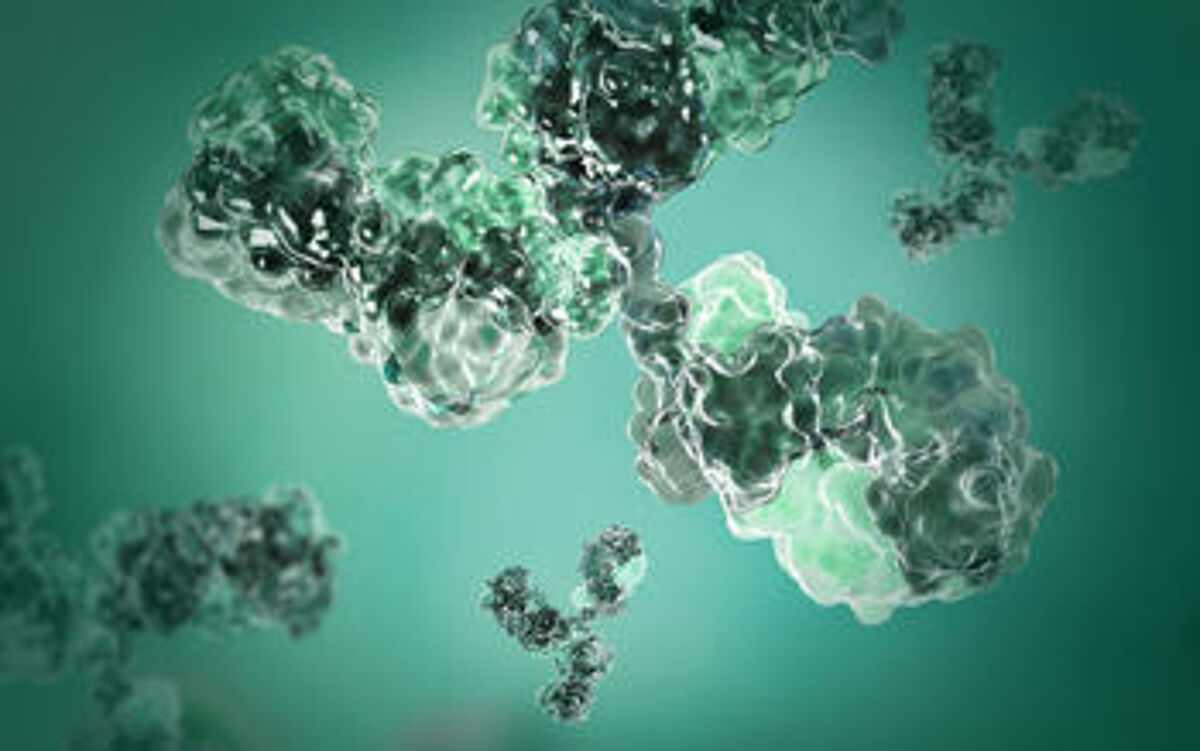Protein Reagents: Cornerstones of Modern Biomedical Research
Wiki Article

Introduction to Protein Reagents
Protein reagents are critical tools in contemporary biomedical research, enabling scientists to study complex biological systems and develop innovative therapies. These reagents include purified proteins, enzymes, antibodies, and recombinant protein variants, all designed to interact with specific biomolecules in a controlled and predictable manner. Their precision and reliability make them indispensable in laboratories focused on molecular biology, diagnostics, and drug discovery.
Importance of Protein Reagents in Research
protein reagents provide the foundation for understanding protein function, interactions, and signaling pathways. They allow researchers to replicate biological processes in vitro, test hypotheses, and validate experimental outcomes. By using high-quality protein reagents, scientists can generate reproducible and accurate data, which is essential for advancing fundamental research and translating findings into therapeutic solutions.
Applications Across Disciplines
Protein reagents are widely applied across various scientific fields. In molecular biology, they help investigate enzyme activity, protein-protein interactions, and cellular signaling. In pharmaceutical research, these reagents support target validation, drug screening, and biomarker discovery. Additionally, in diagnostics, protein reagents are integral to developing assays that detect specific proteins or pathogens, supporting early disease detection and personalized medicine.
Selecting the Right Protein Reagents
Choosing suitable protein reagents requires careful consideration of purity, activity, stability, and specificity. High-quality reagents ensure consistent experimental results and reduce variability that can compromise study outcomes. Researchers must also consider compatibility with experimental conditions and detection methods to maximize reagent performance and reliability in their studies.
Innovations in Protein Reagents
Advances in biotechnology have significantly enhanced the capabilities of protein reagents. Recombinant protein technologies, protein engineering, and high-throughput screening methods now allow for highly customized reagents tailored to specific research objectives. These innovations have expanded the range of applications for protein reagents and enabled more precise, efficient, and innovative experimentation in life sciences.
Conclusion
Protein reagents remain essential in the toolkit of modern scientists, facilitating discoveries that drive biomedical innovation. Their role in research, diagnostics, and therapeutic development underscores their significance in understanding biology and improving human health. Investing in high-quality protein reagents ensures accuracy, reliability, and reproducibility, supporting breakthroughs across multiple scientific disciplines.